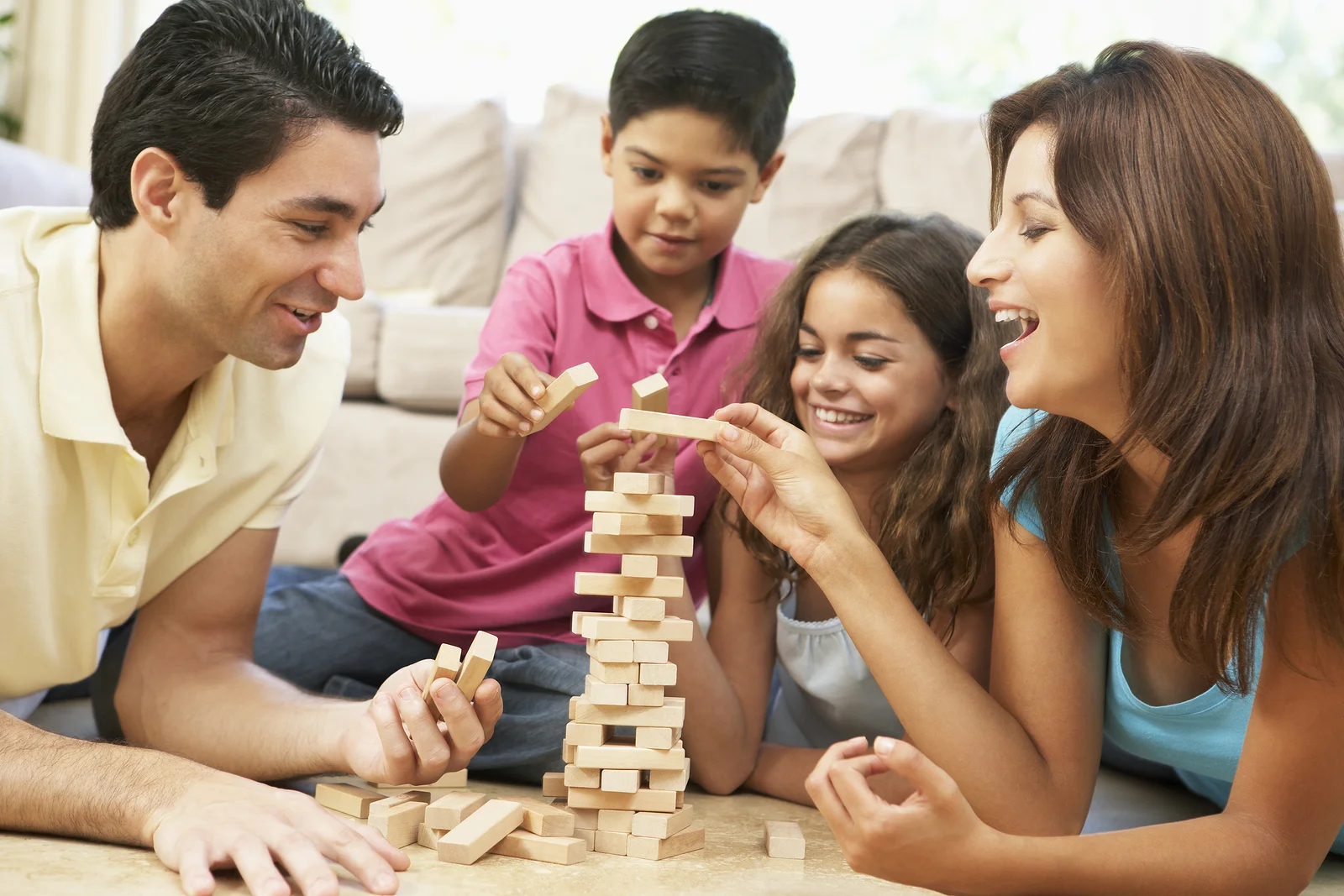During this time little ones may be having trouble identifying and expressing feelings. You may notice an increase in tantrums, anxiety and fighting between siblings. It’s always important to remember that all behavior is communication.
Read MoreI want to let every parent know that these times are hard and to be okay if your day doesn’t go smoothly. Kids are bored, parents are overwhelmed, and everyone is stressed. I wanted to create a list of things to do with your children to help ease some of the stress, but please know it’s okay if you just make it through the day with love, screen time, and survival.
Read MoreChances are your children have heard about the coronavirus somehow, whether they overheard it on the news, they heard about it from other children, or they overheard adults talking about it. When adults present anxiety about the coronavirus, children will definitely pick up on the anxiety.
Read MoreRecently, a lot of parents have shared with me that they feel they should be a “do as I say, because I said so” parent, also known as an authoritarian parent. This is what parents often turn to because they were raised like this, and it might feel like it is the only way to maintain authority.
Read Morenoticed a few years ago that a bit of tension stays with me on Sundays. I might be a bit shorter in my responses with my husband, feel a bit more tension in my body, or a bit of dread in my body. It’s funny that I feel this way every Sunday because I love my job. I created my job, and I’m my own boss, but even I am susceptible to Sunday Scaries.
Read MoreFostering healthy self-confidence is essential to build positive self-esteem. Positive self-confidence helps children try new things, take healthy risks, and solve problems. It gives them a solid foundation for learning and development. Bibliotherapy is a great way to introduce concepts to your child.
Read MoreImpulse control is an essential skill for completing daily tasks. Impulse control takes place in our prefrontal cortex, the area of the brain that manages executive functions. Children’s brains are continually growing and certain activities can help facilitate growth.
Read MoreWe are all guilty of using negative language, “stop that”, “don’t you dare”. In the moment, it is hard for caregivers to remember to stop and use positive language, especially when a child is doing something particularly dangerous.
Read MoreAnxiety disorders are common but can be difficult to diagnose in children. Panic attacks occur within the realm of anxiety disorders; however, they are not exclusive to anxiety disorders. Your child may complain about physical symptoms such as stomachaches, headaches, or other aches and pains.
Read MoreResearch shows children can begin experiencing anxiety in early childhood. As adults, we often think of anxiety as evidenced by constant worry and fidgeting. While children may exhibit these symptoms, there are a number of others ways children experience anxiety. Anxiety presents itself in a plethora of ways, such as
Read MoreLast week, you read about how to tame a tantrum. This week, I want to provide you with further information on how to identify and help your child cope with a meltdown. Remember, tantrums often are a result of a trigger that a child can recognize. A meltdown is usually a result of overstimulation. For example, a child may have a tantrum if they do not get a toy at the store. A child may have a meltdown if they are surrounded by too many people in their class room.
Read MoreDespite the joys of summer, many parents express feeling stress after a few weeks. I often hear statements of, “they complain of boredom,” “how much screen time is too much,” and “is it the fall yet?” If you fall in the latter category and aren’t dancing for joy with summer, that is okay! Here are some words of wisdom to get you through the summer months.
Read More










